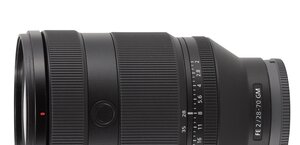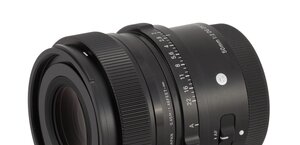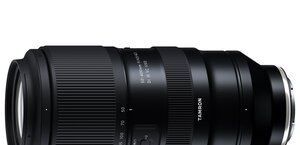Canon EF-S 18-135 mm f/3.5-5.6 IS
11. Summary
- useful focal lengths range,
- decent build quality,
- very good image quality in the frame centre,
- acceptable resolution on the edge of the frame for most combinations of apertures and focal lengths,
- chromatic aberration medium at most,
- well-corrected coma,
- slight astigmatism,
- accurate autofocus,
- 3 EV efficient stabilization.
Cons:
- lack of ultrasonic autofocus motor (USM),
- unsatisfactory image quality on the edge of the frame at the maximum relative aperture and longer focal lengths,
- vignetting particularly bothersome at the both ends of the focal lengths range,
- significant distortion at the widest angle,
- work against bright light could have been better,
- exceptionally modest accessory kit.
The Nikkor 18–105 mm VR, the Canon’s equivalent from a rival system, was praised by us. The Canon deserves some praise as well because the results of both lenses are more or less similar. The price of both devices is roughly the same. The Nikkor is a bit optically better, especially on the edge of the frame, but the Canon compensates for it giving you a better build quality and a wider range of focal lengths.
Please Support UsIf you enjoy our reviews and articles, and you want us to continue our work please, support our website by donating through PayPal. The funds are going to be used for paying our editorial team, renting servers, and equipping our testing studio; only that way we will be able to continue providing you interesting content for free. |
- - - - - - - - - - - - - - - - - - - - - - - - - - - - - - - - - - - - - - - - - - - - - - - -
The Sigma 18-125 mm OS can be also a potential competitor of the Canon but only in theory. The Canon is a bit sharper, it boasts a wider range of focal lengths and is a bit cheaper. It is true that it doesn’t feature an USM motor but it does have another “advantage” (and for many it is an advantage without quotation marks) which the Sigma lacks. It is called Canon.
Sample shots






